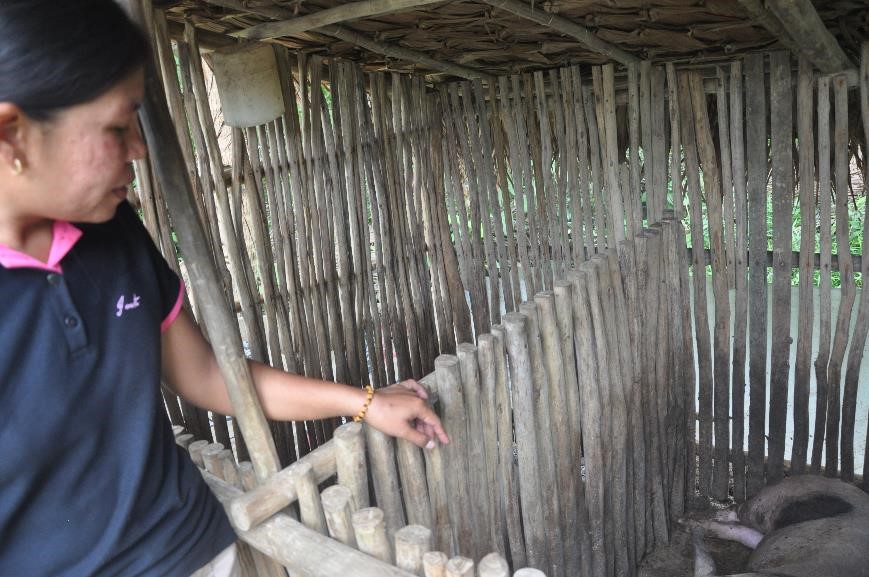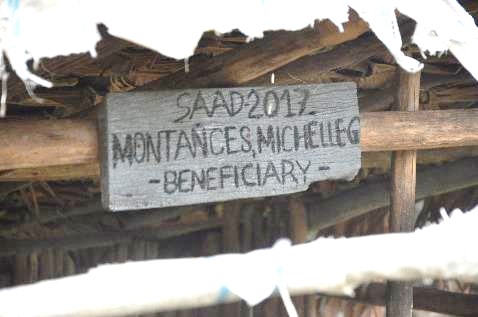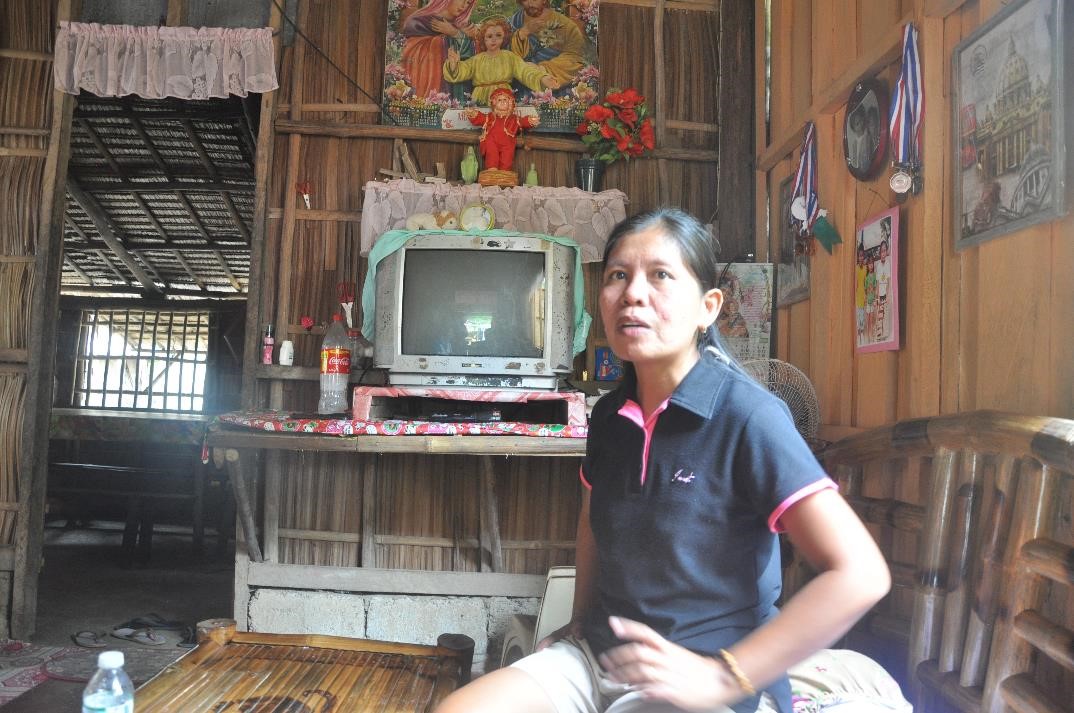The theme of this article is derived from the passage in the Holy Bible that says: For now we see through a glass, darkly; but then face to face: now I know in part; but then shall I know even as also I am known. (1 Corinthians 13:12)
According to Jonathan Lovell, an English Professor of San Jose State University, the original context of the phrase denotes that we see everything in this world imperfectly. But it will only be at the end of days, the second coming of Christ, that we will see the real truth “face to face.”
In the Special Area for Agricultural Development (SAAD) Program, the plans, strategies, and activities have been settled in place. But, the program management is driven to make the poverty alleviation campaign a priority in order to create a meaningful and sustainable livelihood in the agricultural sector. Therefore, aside from providing agricultural inputs, technical assistance, access to farm services, such as agricultural machineries/equipment, and infrastructure development (hogstel), the interventions will also be associated with capability enhancement activities, coaching and mentoring to prepare the farmer-partners for their responsibilities now and onwards.
In the occurrence of the El Nino climate, the SAAD program is apparently right in providing farmers and fisherfolks the means to earn alternative income. The management had given out their best to assist the farmers in coping up with the drought. The farmer-partners have been encouraged to engage in livestock and poultry production or cultivate hardy crops that can withstand the dry spell. During trainings, they were taught on how to adapt to climate change. They were also given mitigation measures in times of climatic changes.
Above all, these farmers are trained to market their own product and imbibe the entrepreneurial spirit in order to not just stay as food producers all their lives, but rather as innovative individuals who will process their products into value–added marketable commodities.
A concrete example is Ms. Michelle G. Montances, 35, of Brgy. Sabang, Oras, Eastern Samar, who’s now in her fourth production cycle of swine fattening. Montances is a beneficiary of the 2017 SAAD Swine Fattening Project. She was given 3 heads of piglets and 4.5 bags of starter feeds. With her patience and perseverance in taking care of these inputs, she earned 28,000 pesos in the 1st cycle, 23,000 pesos in the second and 27,000 pesos during the 3rd cycle. From there, Montances is now owning a sari-sari store where she sells hog feeds to serve other partner-beneficiaries and hog-raisers. She said that her savings account and her income from the store enabled her to purchase a brand-new refrigerator.
SAAD Program is indeed helping the poor communities and individuals. During the recent monitoring, the farmer-partners attested to the positive feedbacks of the program being implemented. It addresses productivity and poverty in rural areas. The projects are flourishing. If there are slight deviations from the norm, adjustments or recalibration are immediately carried out.
Through these cutting–edge plans, the program had set its goals and had already foreseen its objective in contributing to the poverty reduction among farmers in Eastern Visayas. From its 46.7% poverty incidence in 2009, it has been sighted to decrease down to 22.7% by 2022. It firmly believes that farmers have the power to shape their own destiny, given the right break and motivation. ###
Writer: Michael F. Dabuet, SAAD RPMSO 8, Information Officer
Copy Editor: Jennifer A. Valcobero, SAAD NPMO PR and Communications Officer
Originally published on Peryodikit – Special Area for Agricultural Development Program (DA-SAAD) RFO VIII Official Publication







Comments (0)